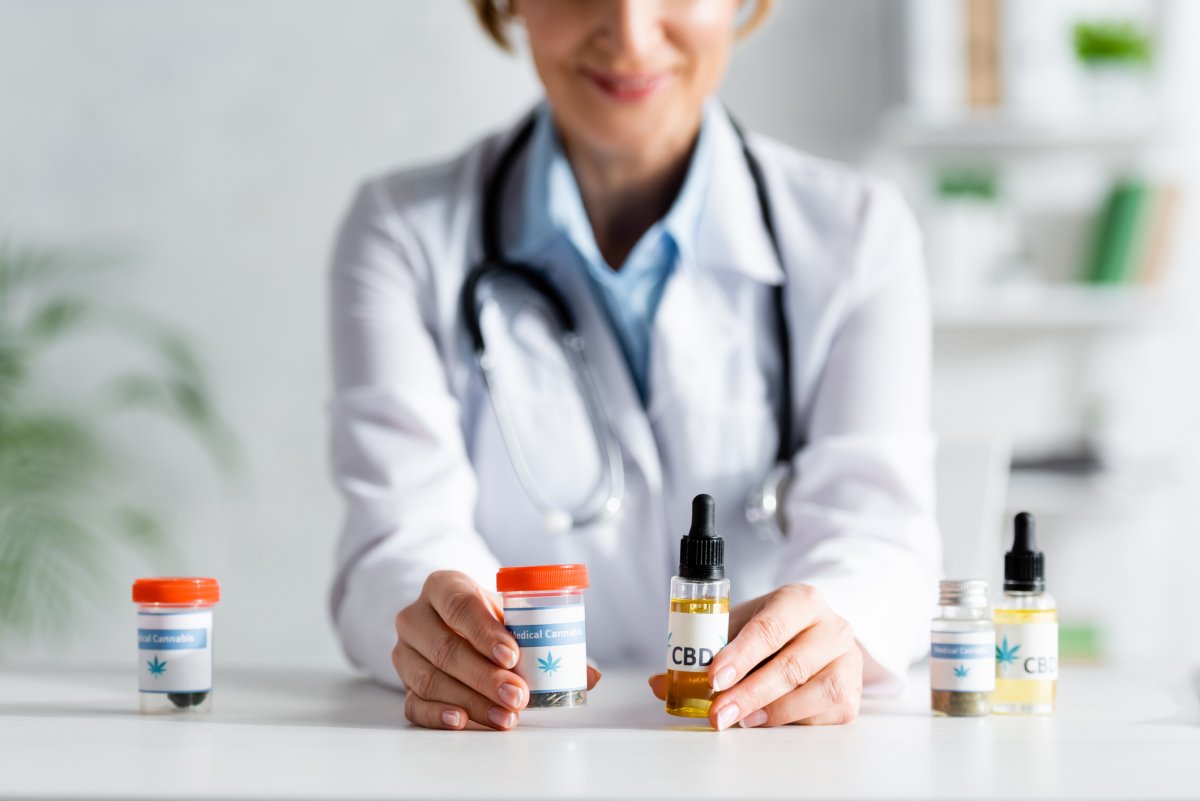How has marijuana legalization changed the way Americans use it, and what does this mean for public health?
As of 2024, marijuana has become legalized for recreational use in 24 states, with 38 states permitting its use in medical contexts. However, as per the Drug Enforcement Administration, marijuana remains a Schedule I substance, in the same class as other drugs such as heroin, ecstasy and LSD.
This puts marijuana in a weird legal limbo: while it is available to buy and use in numerous states across America, its Schedule I classification has significantly impeded scientific research into its health effects and medical uses.
Between 2016 and 2022, the number of people enrolled in medical cannabis programs increased by more than 600 percent. However, these rises are not uniform across the country.
In a new study, published in the Annals of Internal Medicine, researchers from the University of Michigan Medical School and the Centers for Disease Control and Prevention found that although the overall number of medical marijuana users had risen, those living in states where marijuana is legal were much less likely to be enrolled in the programs.

"We had previously seen decreases in patient enrollment after non-medical adult use laws passed, but we were surprised at how dramatic some of the decreases were, especially in states like Arizona where the patient population dropped by over 50 percent from 2021 to 2022," Kevin Boehnke, an assistant professor of anesthesiology at the University of Michigan, told Newsweek.
"Practically, we see that enrolment in medical cannabis programs generally decreases after the passage of adult use cannabis laws. This warrants further study, but may be due to several factors, including licensing fees for medical use, inconvenience of appointments, and the ability to use nonmedical cannabis medically."
In other words, due to the restrictions and red tape you need to go through to acquire marijuana in a clinical context, many of those who seek to use marijuana for medical conditions choose to self-medicate because it is easier.
"Thus, much of the use and advice around medical cannabis occurs outside of the doctor's office, and may come from other sources like retailers," Boehnke said.
Boehnke added that the dramatic growth in medical cannabis licenses since 2016 shows the widespread demand for medical marijuana and highlights the need for policymakers to consider how best to regulate it to prioritize patient safety and public health.
"Medical cannabis isn't going anywhere, and it is important to figure out how best to effectively integrate cannabis into medical treatment given the widespread use," he said. "The remarkable growth in the number of people with medical cannabis licenses demonstrates the importance of conducting more and better research on the potential benefits and harms of cannabis for medical purposes."
"The continued criminalization of cannabis at the federal level through 'War on Drugs' policies is harmful and needs to change. These policies are a substantial barrier to effective research into the potential benefits and risks of cannabis."
Uncommon Knowledge
Newsweek is committed to challenging conventional wisdom and finding connections in the search for common ground.
Newsweek is committed to challenging conventional wisdom and finding connections in the search for common ground.
About the writer
Pandora Dewan is a Senior Science Reporter at Newsweek based in London, UK. Her focus is reporting on science, health ... Read more
To read how Newsweek uses AI as a newsroom tool, Click here.








